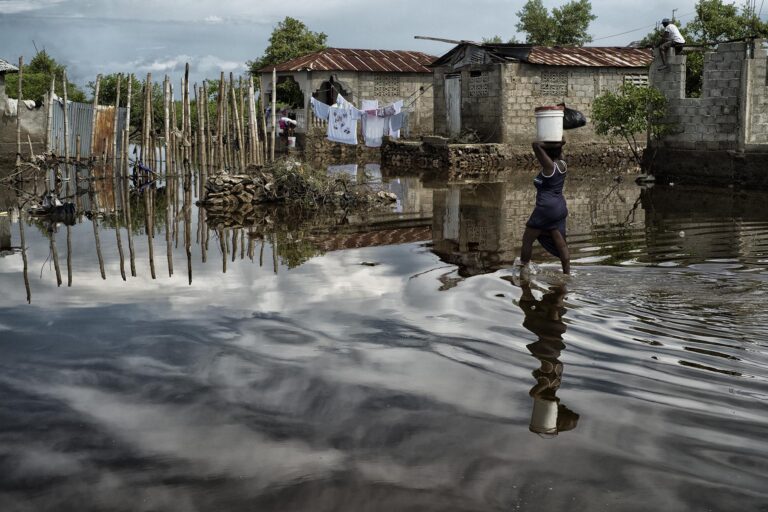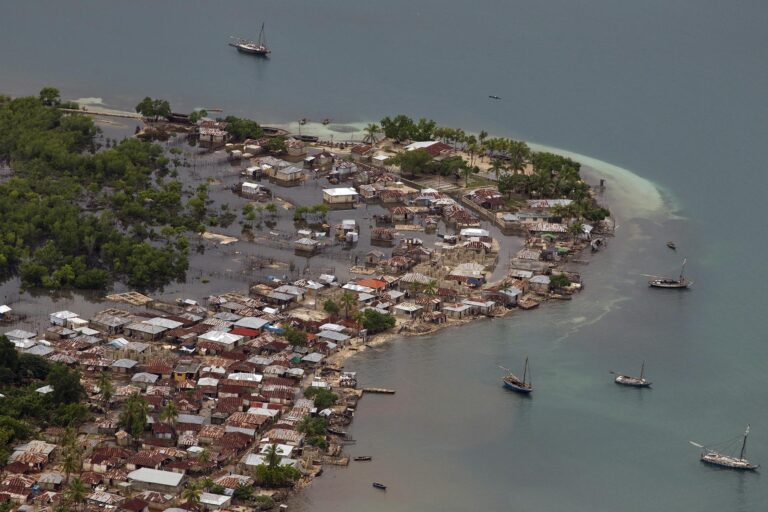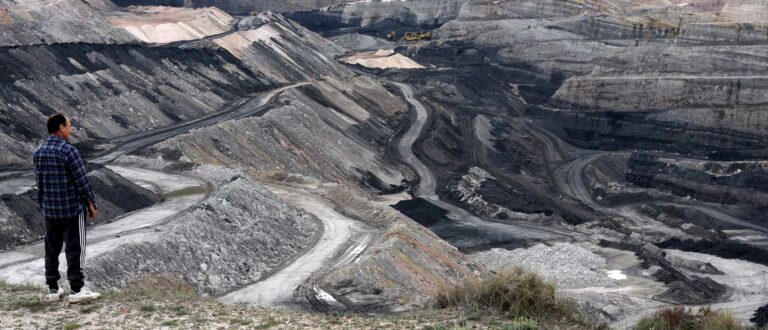Obtaining the free, prior, and informed consent (FPIC) from indigenous and local communities...
The combustion of fossil fuels, including oil, gas, and coal, is the single largest contributor to the climate crisis, which is threatening the rights of people around the world.
Fossil fuel extraction, transportation, refining, and combustion contribute to serious human rights abuses, including threats to the rights to health, life, water, land rights, and a healthy environment.
Despite longstanding and repeated warnings from the IPCC and other experts about the urgent need to shift from fossil fuels to renewable energy sources to mitigate climate change, fossil fuels still account for roughly 64 percent of global electricity and 84 percent of global primary energy.
Governments continue to subsidize the fossil fuel industry through tax breaks and other policies. In 2020, global fossil fuel subsidies totaled USD$5.9 trillion. To keep fuel prices accessible for consumers, fossil fuel consumption subsidies rose above USD$1 trillion in 2022.
For more about the impacts of fossil fuels and fossil fuel-based products, see the following sections on oil and gas, coal, and plastics and petrochemicals.
Photo Credit: Oil cars unload at the terminal in Saint John, New Brunswick, Canada. Photo by Chris Toe Pher (CC BY-ND 2.0).
More reading...
The International Court of Justice (ICJ) is the main judicial body of the...
Under the International Covenant on Economic, Social and Cultural Rights (ICESCR), everyone has...
Cultural destruction is a less well-recognized form of climate-induced loss and damage and...






